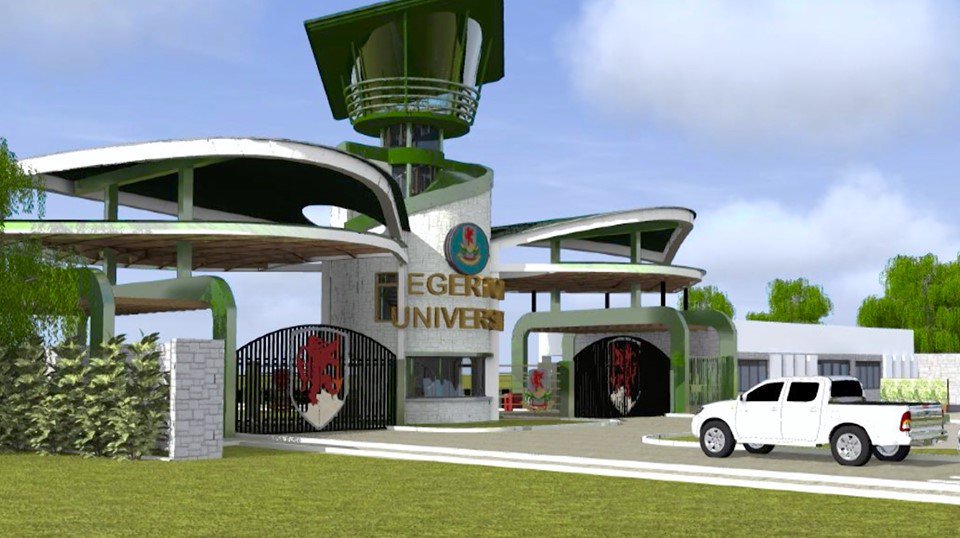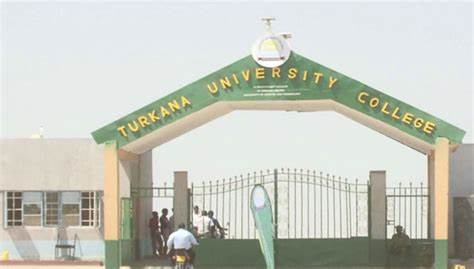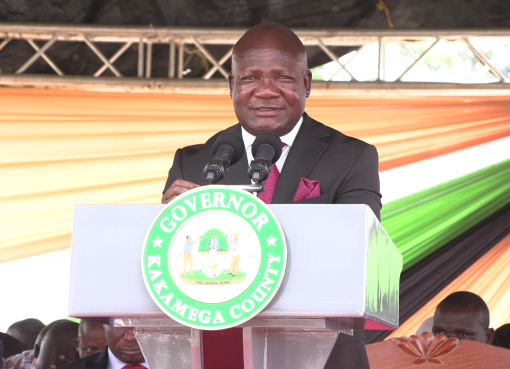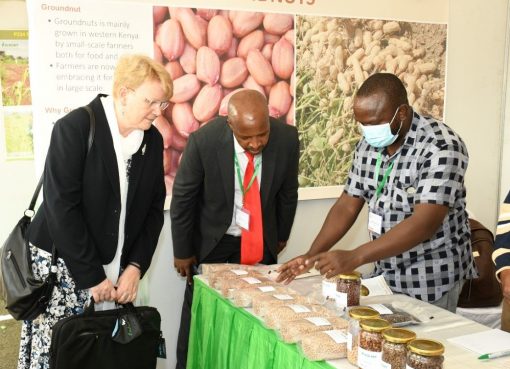Egerton University and Gulu University in Uganda are in the process of working on an academic partnership dedicated to achieving academic excellence through fostering research, science, and technology capacity.
According to Egerton University’s Director of Research and Extension, Professor Nancy Mungai, the move is also aimed at sharing academic facilities as well as expertise through the networking of peers.
Professor Mungai stated that through the partnership, the two institutions intend to exchange students and develop joint scientific and/or technological research projects, among others.
“The partnership between Egerton and Gulu University will drive innovation, foster academic excellence, and nurture a new generation of skilled professionals equipped to tackle the complexities of agricultural development in East Africa and beyond,” stated the director.
Professor Mungai disclosed that a delegation from Egerton University had visited Uganda, where they also held deliberations with a team headed by Gulu University’s Dean of the Faculty of Agriculture and the Environment, Dr. Collins Okello, on areas of mutual interest, including supervision of post-graduate research projects, curriculum development, research, joint organisation of conferences, workshops, and webinars, and capacity building in agricultural sciences.
Speaking at the Njoro Main Campus, Professor Mungai, indicated that the two universities also held discussions over the Eight- year ‘Transforming African Agricultural Universities, to meaningfully contribute to Africa’s Growth and Development (TAGDev) Programme’ that they are jointly implementing with support from the Regional Universities Forum for Capacity Building in Agriculture (RUFORUM) and the MasterCard Foundation.
The TAGDev Programme, which ends in 2024, provides scholarships to students from across Africa with a focus on training competent and highly skilled African youth, developing the capacity of African universities to train and nurture graduates with relevant skills.
It further aims to transform African agricultural universities and their graduates to better respond to developmental challenges through enhanced application of science, technology, business, and innovation for rural agricultural transformation.
At Egerton University, the programme has offered full scholarships to 122 students (55 undergraduates and 67 postgraduates) and partial support to 59 students at both the undergraduate and postgraduate levels.
The students are drawn from Kenya, Malawi, Tanzania, Ghana, Uganda, Ethiopia, Somalia, Nigeria, Benin, Lesotho, Rwanda, Cameroon, Liberia, and Zimbabwe.
The two teams further shared knowledge and ideas on topics of international importance, such as climate change, cybersecurity, public health, food safety and security, and the environment.
Professor Mungai indicated that universities have an important role to play in achieving the Sustainable Development Goals (SDGs) by 2030, which will be achieved through strategic partnerships regionally and internationally among themselves and with businesses, communities, and industries.
She said the collaboration is aimed at facilitating the exchange of knowledge and good practices between the two institutions’ faculties/ schools.
“We want to educate and train our students to become real scientists and not seekers of academic papers, and I believe such partnerships can help students change their mindset when tackling issues from a global perspective,” she stated.
Professor Mungai pointed out that one of the objectives of the TAGDev Programme was to strengthen agribusiness/entrepreneurship at the two universities and selected Technical Vocational Education and Training (TVET) institutions, as well as increase collaboration and mutual learning among institutions and agencies implementing and influencing innovative Tertiary Agricultural Education for rural transformation in Africa.
She said the TAGDev programme at the universities has been focusing on the delivery of transformative activities to ensure the production of entrepreneurial graduates with leadership skills and the potential to create an impact in rural communities.
“The programme is providing opportunities for transformative research and outreach using the extended RUFORUM Community Action Research Programme (CARP+) to enhance university-led community impact. The CARP+ is further supporting the strengthening of TVET institutions through greater collaboration and joint action between universities and TVET institutions,” Professor Mungai explained.
The Director indicated that Egerton University is committed to building international partnerships to nurture global citizenship, engage the global research community, and attract talented students and funding.
“We are seeking partnerships to increase the visibility and reputation of Egerton University and its partners in Eastern Africa and improve collaboration and knowledge transfer between our institutions for future activities, including research income and funding opportunities,” she added.
By Jane Ngugi and Angela Musonye





